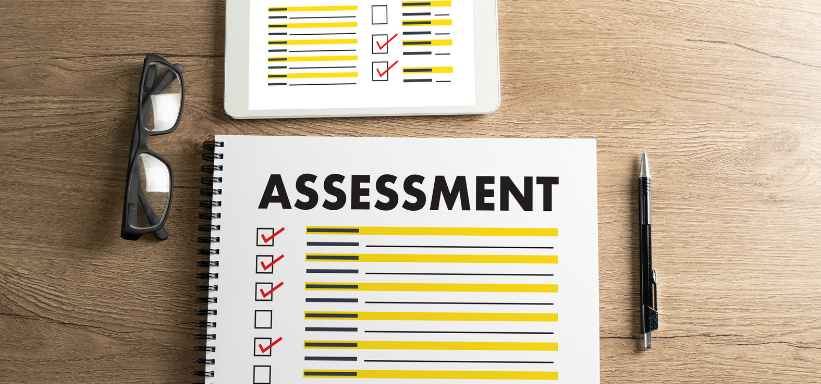Executive Summary
-
Explore the importance of climate risk assessment tools in the evolving landscape of ESG and sustainable finance.
-
Understand the key features and benefits of leading climate risk assessment tools.
-
Learn about the challenges and considerations when choosing a tool.
-
Discover a step-by-step guide to selecting the right climate risk assessment tool for your organization.
-
Gain insights from real-world case studies and expert advice.
Introduction
In the wake of climate change and its far-reaching impacts, organizations are increasingly prioritizing sustainability. However, navigating climate risks can be complex without the right tools. Climate risk assessment tools have emerged as essential instruments for businesses aiming to assess their exposure to environmental factors and integrate sustainability into their strategies. This article delves into the significance of these tools, outlines key options available in 2025, and provides guidance on choosing the most suitable solution for your organization.
Definitions / Context
Climate risk assessment tools are software applications designed to evaluate the potential impacts of climate change on an organization’s operations, assets, and financial performance. These tools help companies identify vulnerabilities, simulate scenarios, and plan mitigation strategies. As climate-related financial disclosures gain traction, these tools become indispensable for compliance and strategic planning.
Benefits / Pros
-
Risk Management: Identify and quantify risks associated with climate change, aiding in the development of robust risk management strategies.
-
Compliance: Ensure alignment with regulatory requirements and frameworks such as TCFD (Task Force on Climate-related Financial Disclosures).
-
Strategic Planning: Enhance decision-making by incorporating climate risk data into strategic plans.
-
Reputation: Improve corporate reputation by demonstrating proactive sustainability efforts.
Risks / Cons / Challenges
-
Complexity: The complexity of climate models can overwhelm organizations without specialized expertise.
-
Cost: Implementing these tools can be costly, particularly for small and medium-sized enterprises.
-
Data Quality: The accuracy of risk assessments depends heavily on data quality, which can vary significantly.
-
Integration: Integrating these tools with existing systems and processes can pose significant challenges.
Step-by-Step Process to Select a Tool
-
Assess Needs: Determine your organization’s specific climate risk assessment requirements.
-
Research Options: Explore the leading tools available in 2025, such as [Tool A], [Tool B], and [Tool C].
-
Evaluate Features: Compare features, ease of use, and data integration capabilities.
-
Consider Budget: Analyze the cost implications and available budget for implementation.
-
Trial and Feedback: Engage in trial periods and gather feedback from key stakeholders.
-
Make a Decision: Choose the tool that aligns best with your strategic goals and operational needs.
Company XYZ: Faced with increasing regulatory pressure, Company XYZ adopted [Tool A] to enhance their climate risk management framework. By integrating climate risk data into their strategic planning, they achieved a 20% reduction in potential climate-related financial losses within a year.
Case Study: Company XYZ Adopts Tool A for Risk Reduction
Expert Tips / Strategic Insights
-
Stay Updated: Regularly update your tool with the latest data and scenarios to ensure accuracy.
-
Collaborate: Engage cross-functional teams to leverage diverse insights during the assessment process.
-
Seek Expertise: Consider consulting with climate risk experts to optimize tool utilization.
Tools / Resources / Calculators
-
[Tool A] Website: Tool A’s Official Site
-
Climate Risk Assessment Checklist: Download Here
-
ESG & Sustainability Forum: Join the Conversation
Conclusion
Climate risk assessment tools are critical in today’s ESG-focused environment, helping organizations mitigate risks and capitalize on sustainable opportunities. By selecting the right tool, businesses can enhance their resilience and align with global sustainability standards. For tailored advice on climate risk management, connect with our experts today.























